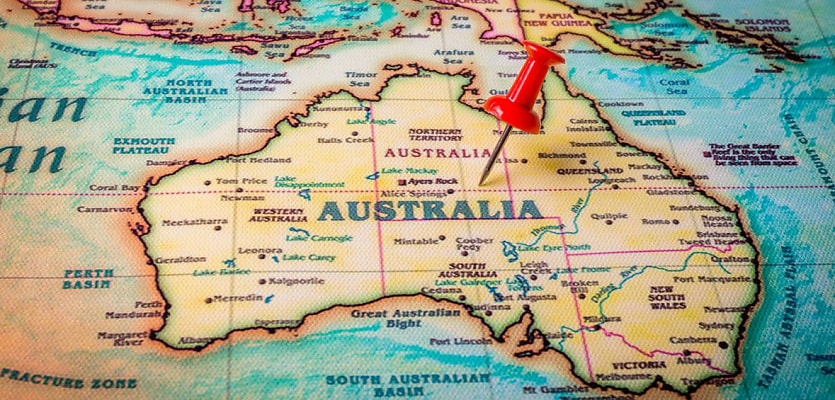The Land Down Under has made the cut as one of the happiest countries in the world, outranking the likes of Ireland, Germany and Canada.
Australia ranked 12th on the Happiness Index for 2023 with a score of 7.095, retaining its position from 2022 but marking a decline from its 11th spot in 2020.
The UN Sustainable Development Solutions Network, the organisation behind the report, leverages six key factors to help rank more than 150 countries annually based on their average life evaluations between 2020 and 2022.
These criteria include social support, income, health, freedom, generosity, and the lack of corruption. Using these factors, the report determines the happiness gap between the top and bottom halves of the population in each country ranked.
“This gap is small in countries where almost everyone is very unhappy, and in the top countries where almost no one is unhappy,” the report stated.
Similar to 2022, the same Nordic countries took the top three spots: Finland landed in the top spot for the 6th year in a row with a score of 7.804, followed by Denmark at 2nd place with a 7.586 rating and Iceland rounding out the top three with a 7.530.
Other countries that ranked ahead of Australia were Israel (7.473), the Netherlands (7.403), Sweden (7.395), Norway (7.315), Switzerland (7.240), Luxembourg (7.228), New Zealand (7.123) and Austria (7.097).
Notably, data showed happiness levels among Aussies are still higher than those living in Canada (ranked 13th with 6.961), Ireland (ranked 14th with 6.911), the US (ranked 15th with 6.984), as well as the UK (ranked 19th with 6.796).
The report acknowledged that 2022 was a year of crises, marked by the continuing COVID-19 pandemic, the war in Ukraine, worldwide inflation, and a range of local and global climate emergencies.
Given the grim scenario, the report noted it has now more evidence on how “life evaluations, trust and social connections together influence the ability of nations, and of the world as a whole, to adapt in the face of crisis”.
“Our main analysis relates to happiness as measured by life evaluations and emotions — how they have evolved in crisis situations and how lives have been better where trust, benevolence, and supportive social connections have continued to thrive,” it stated.
As part of its key findings, the report underlined that people are evaluating the state of affairs by the level and distribution of wellbeing, both within and across generations.
“People have many values (like health, wealth, freedom and so on) as well as wellbeing. But increasingly, they think of wellbeing as the ultimate good, the ‘summum bonum’,” the report said.
The report also highlighted there is now potential for a real wellbeing revolution, which it described as a “broad advance in human wellbeing achieved by deploying our knowledge, technologies, and ethical perspectives”.
“The appetite for such an advance is growing, and the knowledge base of how to promote human wellbeing is exploding,” it noted.
For this reason, the report called on involved institutions, such as the government, to focus on “greater operational and ethical emphasis on wellbeing.”
“The role of wellbeing in sustainable development is already present, but wellbeing should play a much more central role in global diplomacy and in international and national policies in the years to come,” it stated.









You are not authorised to post comments.
Comments will undergo moderation before they get published.